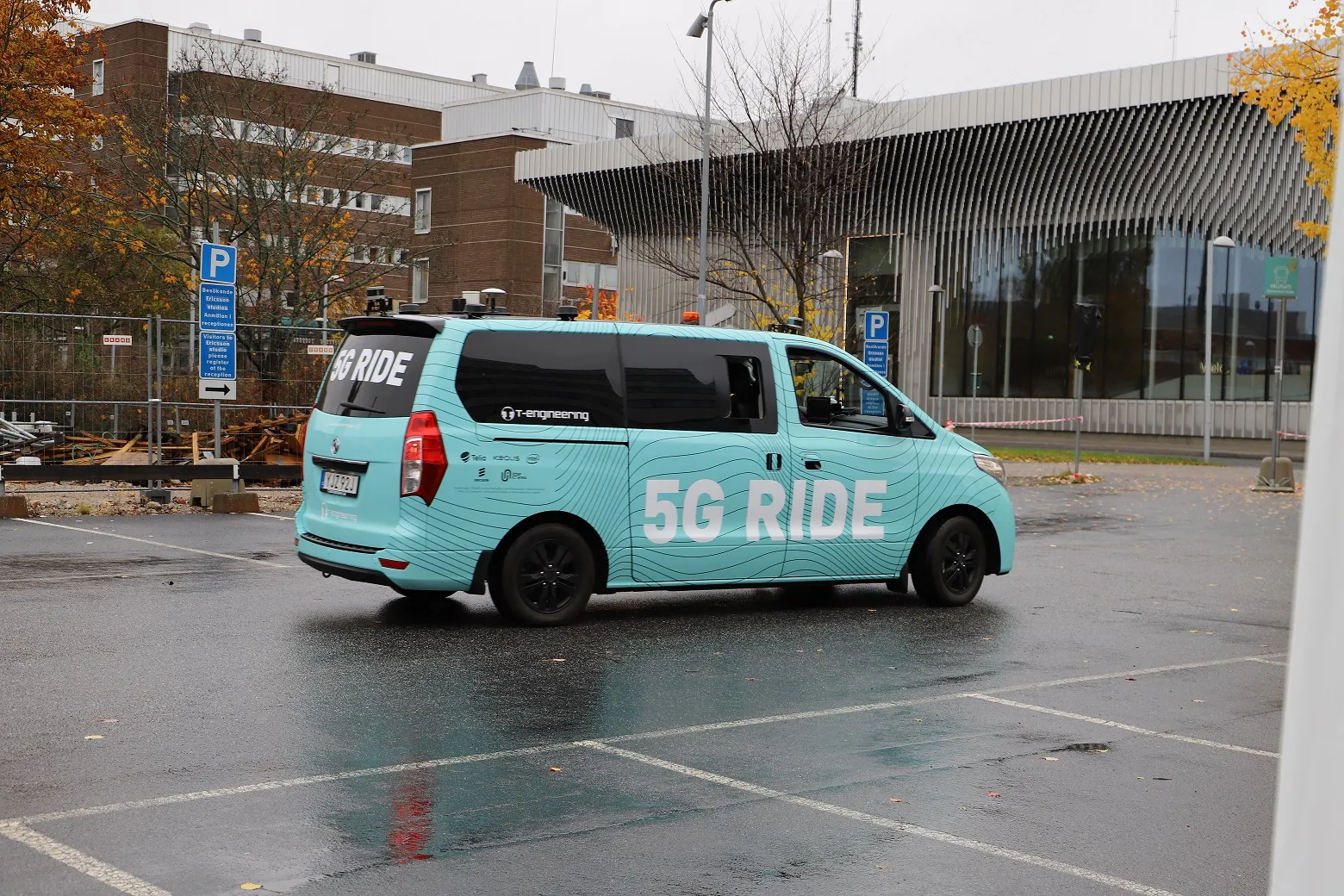The Department of Information Technology (DIT) in Russia is to implement an agreement between Moscow’s mayor Alexey Kornya and mobile network operator MTS to trial 5G technologies.
Eduard Lysenko, head of DIT, says: “Moscow is setting itself the task of reducing operator expenditure on creating infrastructure for the commercial launch of 5G by removing administrative barriers."
Kornya and MTS will also seek to pilot projects involving virtual and augmented reality, Internet of Things and smart city technologies.
The DIT says a telecommunications infrastructure will be created in the Russian capital to trial the technology.
According to the DIT, the agreement follows provisions of the state programme Digital Economy of the Russian Federation, which calls for the commercial launch of 5G by 2022.
Moscow to implement 5G technology trial
The Department of Information Technology (DIT) in Russia is to implement an agreement between Moscow’s mayor Alexey Kornya and mobile network operator MTS to trial 5G technologies.
Eduard Lysenko, head of DIT, says: “Moscow is setting itself the task of reducing operator expenditure on creating infrastructure for the commercial launch of 5G by removing administrative barriers."
Kornya and MTS will also seek to pilot projects involving virtual and augmented reality, Internet of Things and smart city techn
June 11, 2019
Read time: 1 min









